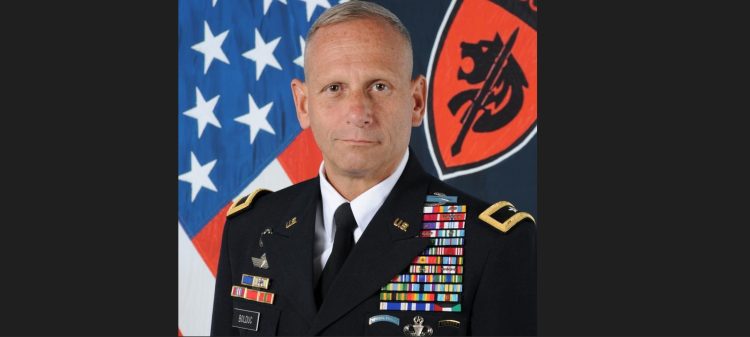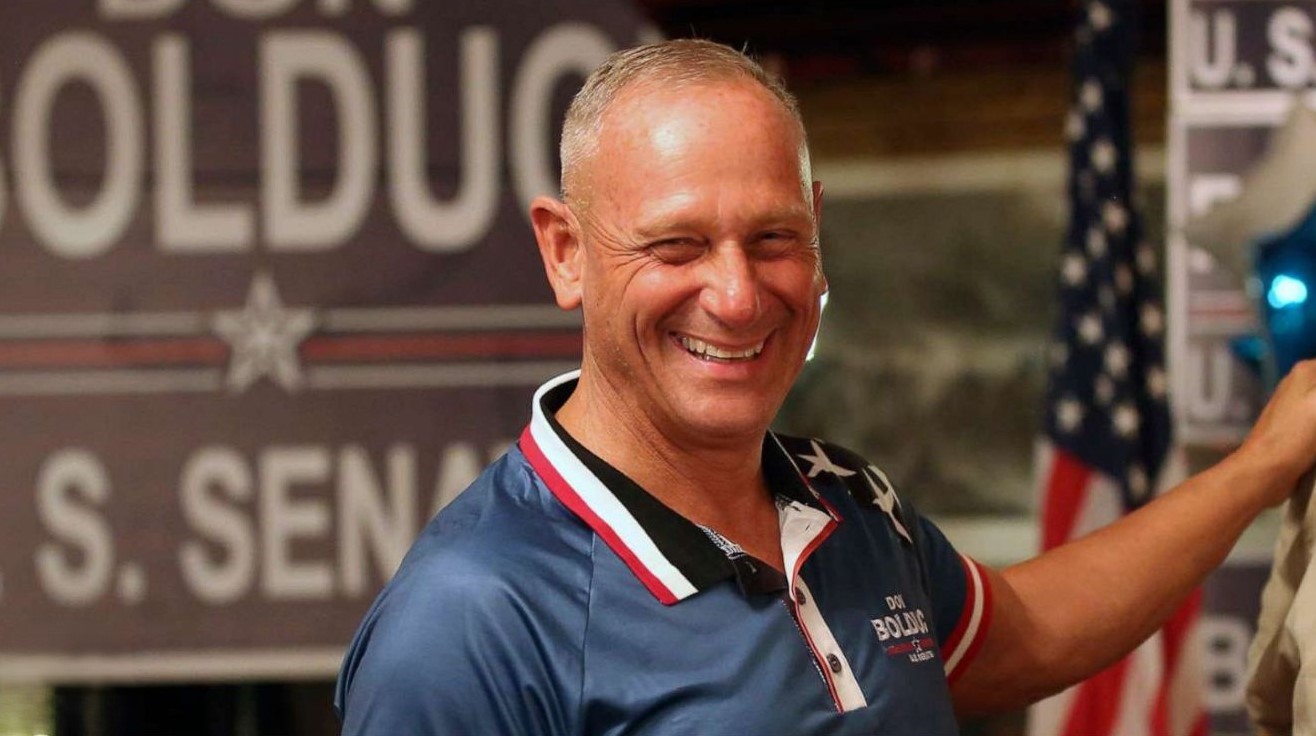While others’ judgment can be painful, it is crucial to maintain perspective and focus on the mission at hand: serving the community and country with honor and integrity. Authentic leadership is defined not by the accolades one receives but by the impact one has on the lives of others. It is about standing firm in one’s principles and striving to be a voice for those who may feel unheard or marginalized.
The political arena thrives on rhetoric, and candidates frequently amplify their messages to capture attention and rally support. Unfortunately, this environment can foster a culture where aggressive tactics and sharp rhetoric are accepted and expected. In an attempt to stand out amidst a cacophony of voices, I found myself engaging in discourse that I later regretted as divisive, inflammatory, or untrue remarks. This behavior was not only damaging to my sense of self-worth but also harmful to the very constituents I aimed to represent. I realized that pursuing political success compromised the principles I had long held dear.
The pressure to conform to party ideologies and cater to the expectations of party leadership can lead to a dissonance between one’s values and political actions. I discovered that the more I attempted to align myself with party norms, the more I distanced myself from the authentic connection I sought to build with voters. This revelation was disheartening; it became clear that the political machine often prioritizes winning over integrity, success over sincerity, and going along to get elected.
Moreover, the demanding nature of campaigning can lead to burnout and stress, further exacerbating the tendency to act out of character. The relentless scrutiny from the media and opponents can create a defensive posture, leading candidates to lash out in ways that do not reflect their true beliefs or intentions. I fell into this trap, reacting to challenges with inappropriate and counterproductive remarks to the message I wanted to convey.
The Influence of Money and Power in Politics
In retrospect, this experience has been profoundly educational. It has illuminated the importance of authenticity in politics and the necessity of remaining true to one’s core values, even amidst the pressures of a competitive landscape. The lessons I learned during my campaign have reshaped my understanding of serving as a political leader.
Additionally, I appreciate the importance of self-reflection and accountability. Candidates must take the time to examine their words and actions, ensuring they align with their values and the expectations of the communities they serve. This self-awareness can prevent the pitfalls of political ambition from clouding judgment and leading to regrettable statements or actions. By holding ourselves accountable, we foster personal growth and contribute to a political culture that values integrity and respect.
In the landscape of contemporary American politics, a convergence of political self-service, the influence of lobbyists and wealthy elites, rampant corporate greed, military wokeness, the commercialism of the media, and a religious focus on appeasement and monetary gains have emerged as profound threats to the integrity of the nation. This intricate web of interests not only undermines the democratic process but also erodes the foundational values that have historically defined American society. As these elements intertwine, they create a complex challenge that demands critically examining their implications for the country’s future.
At the core of this dilemma is political self-service, where elected officials often prioritize personal ambition over the needs of their constituents. Many politicians rely heavily on lobbyists—powerful intermediaries who advocate for corporate interests—leading to a system where decisions are shaped by the highest bidder rather than the public good. This trend has fostered a political culture marked by a lack of accountability and transparency, allowing the voices of ordinary citizens to be drowned out by well-funded special interests. As a result, legislation that should address pressing societal issues is frequently sidelined in favor of policies that benefit a select few.
In the tumultuous waters of political campaigning, one of the most disruptive influences on candidates can be likened to the career remora fish—often referred to as sucker fish. These creatures attach themselves to larger aquatic animals, benefiting from their host’s success while remaining largely unrecognized. Similarly, certain individuals and groups latch onto candidates in the political arena, seeking to exploit their ambitions and leverage their influence for personal gain. This phenomenon can undermine the integrity of the political process, hinder genuine leadership, and distort the motivations behind policy-making.
Career remoras in politics typically manifest as advisors, lobbyists, or opportunistic supporters prioritizing their interests over the candidate’s mission. They often present themselves as allies, offering advice, access, endorsements, connections, or financial backing. However, their true intentions may be far more self-serving. Instead of fostering an environment of integrity and accountability, they can create a culture of dependency and corruption, where decisions are based more on personal benefit than on the constituents’ needs.
This relationship can lead to several detrimental outcomes. First, it can distort the candidate’s focus and priorities. When surrounded by individuals who prioritize their agendas, a candidate may find it challenging to remain grounded in the values that initially motivated their campaign. The constant pull of self-interest can distract from listening to constituents, understanding their needs, and advocating for policies that benefit the community.
Additionally, the presence of these political remoras can erode public trust. Voters are increasingly aware of the influence of money and personal connections in politics, and when they perceive that self-serving interests sway candidates, it breeds cynicism and disengagement. This erosion of trust can discourage civic participation, as citizens may feel that their voices are drowned out by those who can manipulate the political landscape.
Moreover, the corrupt influence of these individuals can lead to a cycle of unethical behavior. As candidates become more entangled with their remoras, they may find themselves compromising on their principles to satisfy the demands of their sponsors or supporters. This undermines the candidate’s integrity and sets a dangerous precedent for future leaders, perpetuating a culture where self-interest takes precedence over the public good.
To combat the disruptive influence of political remoras, candidates must remain vigilant and committed to their core values. They must also cultivate a network of advisors and supporters who share a genuine passion for public service and the community’s well-being.
Corporate greed exacerbates this situation, as large corporations leverage their financial clout to influence legislation and public policy. Through lobbying efforts and substantial campaign contributions, these entities effectively buy access to decision-makers, skewing the political landscape in their favor. Critical issues such as healthcare, education, and environmental sustainability become secondary to profit-driven agendas. This systemic prioritization of corporate interests over the welfare of the general populace breeds disillusionment among citizens who feel increasingly powerless and disconnected from the political process.
Adding another layer of complexity is the phenomenon of military wokeness, which reflects broader societal tensions around social justice and inclusivity. While advocating for diversity and inclusiveness is essential, the military’s engagement with wokeness can sometimes conflict with its primary national defense mission. The excessive focus on social issues has detracted from operational effectiveness, complicating the military’s role as a defender of national interests. This tension illustrates the broader struggle within American society to reconcile progressive values with traditional institutions, often leading to deepening divisions among the populace.
The media establishment, driven by commercialism, further complicates these dynamics. Media outlets frequently prioritize sensationalism over meaningful discourse in a landscape dominated by the pursuit of ratings and advertising revenue. This commercial approach distorts public understanding of critical issues, allowing misinformation to proliferate and shaping narratives that serve the interests of the powerful rather than the needs of the public. As sensational stories grab headlines, substantive discussions about policy and governance are overshadowed, fostering an environment where citizens are more likely to engage with divisive content than with nuanced analysis. This shift erodes trust in media and contributes to a polarized society where common ground becomes increasingly challenging.
Moreover, the religious focus on appeasement and monetary gain further complicates the American socio-political landscape. Religious institutions and leaders often prioritize financial contributions and influence over adherence to core values and principles. This trend can manifest as political endorsements that favor candidates or policies aligned with economic interests rather than moral or ethical considerations. When faith-based organizations prioritize monetary appeasement over the pursuit of justice, compassion, and integrity, they undermine their foundational missions and erode public trust in both religious and political institutions. This commodification of faith exacerbates societal divisions and dilutes the moral compass guiding individual and collective actions.
The implications of these intertwined forces are profound. As political self-service, corporate greed, military wokeness, media commercialism, and a compromised religious ethos converge, they create a perfect storm that threatens the core tenets of democracy. Citizens grow increasingly disillusioned, feeling that their voices are marginalized in a system that favors wealth and influence. This disenfranchisement can lead to apathy, where individuals disengage from the political process altogether, further entrenching the status quo and diminishing the prospects for meaningful change.
A comprehensive reform strategy is essential to combat these threats. First, campaign finance reform is crucial to limit money’s political influence, ensuring that elected officials prioritize their constituents over influential donors. Strengthening transparency regulations around lobbying would help restore trust in government and create a more equitable political environment. Additionally, media literacy programs that educate citizens on recognizing bias and misinformation can empower individuals to engage more critically with news sources, fostering a more informed electorate.
Voter apathy is a huge problem, as citizens feel alienated from a political system that appears unresponsive to their needs. The voter relies on political commercials that contain misrepresentations and lies. This disillusionment fosters a cycle of disengagement, where people become increasingly cynical about the potential for meaningful change. In a democracy, active participation is essential; however, when the electorate feels that their voices are marginalized, the very fabric of democratic governance begins to fray.
The threats posed by political self-service, lobbyists, corporate greed, military wokeness, media commercialism, and a compromised religious ethos represent a significant challenge to the integrity of American democracy. These interconnected forces distort the political landscape and contribute to a growing sense of disillusionment among citizens. However, by implementing systemic reforms prioritizing transparency, accountability, and ethical stewardship and fostering a culture of civic engagement and informed discourse, America can reclaim its democratic values.
A Path Forward: Restoring Integrity and Trust in Democracy
A renewed commitment to principles over profit, to the common good over personal ambition, must guide the actions of both individuals and institutions. By advocating for policies that empower the electorate and dismantle the structures that perpetuate inequality and division, Americans can work toward a society that reflects the ideals of justice, equity, and integrity. Ultimately, the path to a healthier political environment lies in fostering a collective sense of responsibility. Where every voice matters, every vote counts, and the values that unite us are prioritized above the interests that divide us. In doing so, America can emerge from this tumultuous moment stronger, more cohesive, and more committed to the democratic ideals that have historically defined its identity.
Donald C. Bolduc
—
Disclaimer: SOFREP utilizes AI for image generation and article research. Occasionally, it’s like handing a chimpanzee the keys to your liquor cabinet. It’s not always perfect and if a mistake is made, we own up to it full stop. In a world where information comes at us in tidal waves, it is an important tool that helps us sift through the brass for live rounds.











COMMENTS